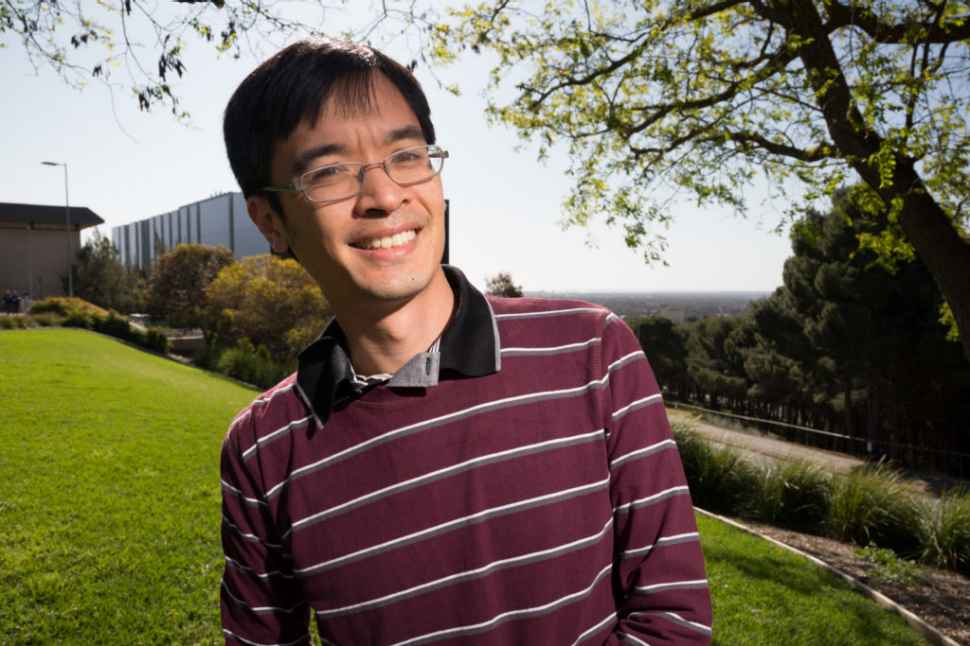The maestro of mathematics
Most of his work exists in a realm that the majority of us can’t begin to understand, but a fleeting excursion beyond the borders of pure mathematics provided the world with life-saving technology.
People requiring an MRI scan of their lungs need to hold their breath while the scan is conducted, making scans life threatening for some patients.
However, the application of an algorithm Professor Tao developed with Professor Emmanuel Candes and Associate Professor Justin Romberg reduced the machine’s data processing time dramatically, enabling lung MRIs to be taken in just 10 seconds instead of two minutes.
“It’s the one area of my work that is relatively easy to explain and it’s nice to be able to say there is one thing I have done that can actually save lives,” Professor Tao said.
Professor Tao is one of the world’s leading mathematicians. A true child genius, he enrolled at school at the age of five and was writing computer programs by the age of six.
He remains one of the youngest students ever to enrol at Flinders, graduating with a masters degree at the age of 16.
“I formed some good friendships at Flinders, particularly with the lecturers,” Professor Tao said. “I used to spend an hour each week with one lecturer talking maths with him, it was great.”
Professor Tao completed his PhD at Princeton in the US, became UCLA’s youngest-ever full professor at the age of 24 and the youngest-ever winner of the Fields Medal at age 31.
Today his focus is on collaboration – he has worked with more than 30 others on key discoveries that expand the limits of human understanding.
“The problems we deal with these days both in mathematics and in science are a lot more complex and require collaboration,” Professor Tao said.









